
From key clinical trial updates to reports on treatment disparities, the 2026 Tandem Meetings saw several critical developments in multiple myeloma.

Your AI-Trained Oncology Knowledge Connection!


From key clinical trial updates to reports on treatment disparities, the 2026 Tandem Meetings saw several critical developments in multiple myeloma.

CAR T-cell therapies displayed strong efficacy and manageable safety across lymphoma populations at the 2026 Tandem Meetings.

No serious adverse effects were observed with TRX103 in patients with hematologic malignancies undergoing HLA-mismatched HCT.
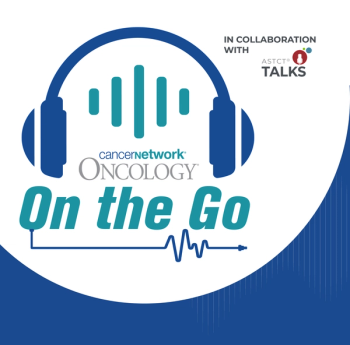
Shernan Holtan, MD, and Rahul Banerjee, MD, FACP, discussed various trials of significance shared as posters and presentations at the 2025 Tandem Meeting.
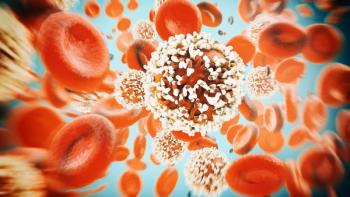
Adverse physical functions were indicative of reduced survival and increased risk of ICANS in patients with non-Hodgkin lymphoma who were previously treated with CAR T-cell therapy.

Median PFS and OS were comparable between age groups when CAR T-cell therapy was given as treatment for patients with relapsed/refractory LBCL.

Idecabtagene vicleucel led to high rates of MRD negativity in multiple myeloma who responded did not have complete responses to first-line therapy.
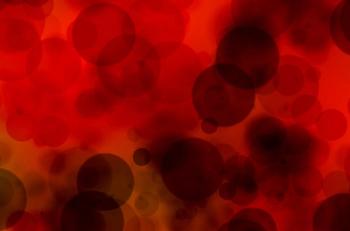
Ruxolitinib shows promise in improving transplant outcomes for myelofibrosis patients by reducing GVHD incidence without compromising survival.
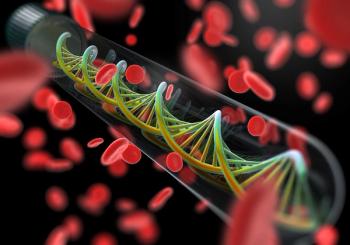
Results from the FELIX study showed that obe-cel induces high rates of MRD-negative remission in relapsed/refractory B-ALL, leading to improved EFS and OS.

Updated CARTITUDE-4 trial data show cilta-cel induces deep MRD negativity in patients with lenalidomide-refractory multiple myeloma.

Prophylactic defibrotide conferred more ICU admissions and higher mortality among high-risk pediatric patients who underwent prior HSCT.

The analysis saw minimal evidence of increased relapse among patients with hematologic cancers and minimal residual disease vs those without.

Anakinra prophylaxis did not significantly decrease the incidence or severity of CRS or ICANS in patients with LBCL treated with liso-cel.
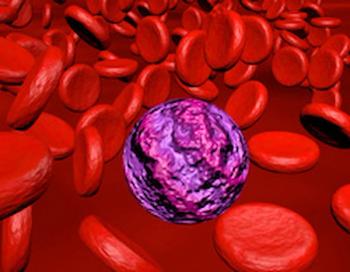
Obe-cel shows efficacy in R/R B-ALL, especially in those with a favorable CAR-HT risk profile, according to data from the phase 1/2 FELIX study.
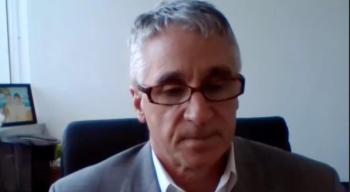
Some patients with large B-cell lymphoma may have to travel a great distance for an initial evaluation for CAR T-cell therapy.

Education is essential to referring oncologists manage toxicities associated with CAR T-cell therapy for patients with large B-cell lymphoma.

There is no absolute age cutoff where CAR T cells are contraindicated for those with large B-cell lymphoma, says David L. Porter, MD.

David L. Porter, MD, emphasizes referring patients with large B-cell lymphoma early for CAR T-cell therapy consultation.

It may be applicable to administer CAR T-cell therapy to patients with large B-cell lymphoma in a community or outpatient setting.

Findings from the phase 1/2 TRANSCEND CLL 004 trial support lisocabtagene maraleucel as a potential new treatment option for relapsed/refractory chronic lymphocytic leukemia or small lymphocytic lymphoma.

The early introduction of cilta-cel in patients with relapsed/refractory multiple appears promising based on data from the phase 2 CARTITUDE-2 trial, according to Jens Hillengass, MD, PhD.

More than half of the patients with relapsed/refractory B-cell lymphoma achieve a complete response with acalabrutinib plus axicabtagene ciloleucel in a phase 1/2 trial.

Data from the TRANSCEND NHL 001 trial suggest a favorable benefit/risk profile for lisocabtagene maraleucel in mantle cell lymphoma with high-risk disease features.

Findings from a retrospective study demonstrate the feasibility of using brexucabtagene autoleucel to treat patients with relapsed/refractory B-cell acute lymphoblastic leukemia with central nervous system involvement.
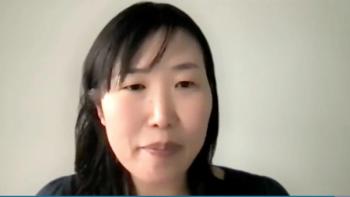
An expert from Stanford Medicine that the goal behind a study characterizing circulating tumor DNA and its predictive value is to eventually replace blood marrow exams with a blood draw for those with multiple myeloma.
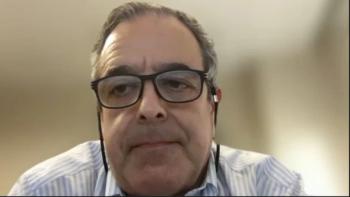
Evidence from a matched pair comparison with a concurrent control cohort suggests that panobinostat plus gemcitabine, busulfan, and melphalan improves progression-free survival in those with relapsed or refractory multiple myeloma, especially after first transplant.
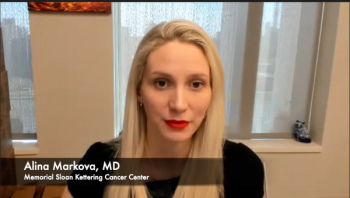
Alina Markova, MD, speaks about future research efforts for topical ruxolitinib INCB018424 phosphate 1.5% cream in patients with non-sclerotic and superficially sclerotic chronic cutaneous graft-versus-host disease, and multidisciplinary implications of current research.
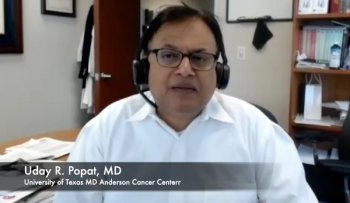
Uday R. Popat, MD, spoke about how use of post-transplant cyclophosphamide vs tacrolimus plus methotrexate to prevent graft-vs-host disease following matched donor hematopoietic cell transplantation for acute myeloid leukemia could impact the standard of care.

Alina Markova, MD, speaks to the mechanism of action of topical ruxolitinib INCB018424 phosphate 1.5% cream vs oral ruxolitinib and other topical therapies used in the treatment of non-sclerotic and superficially sclerotic chronic cutaneous graft-versus-host disease.

Uday R. Popat, MD, spoke about how well post-transplant cyclophosphamide vs tacrolimus plus methotrexate to prevent graft-vs-host disease was performed in this trial.